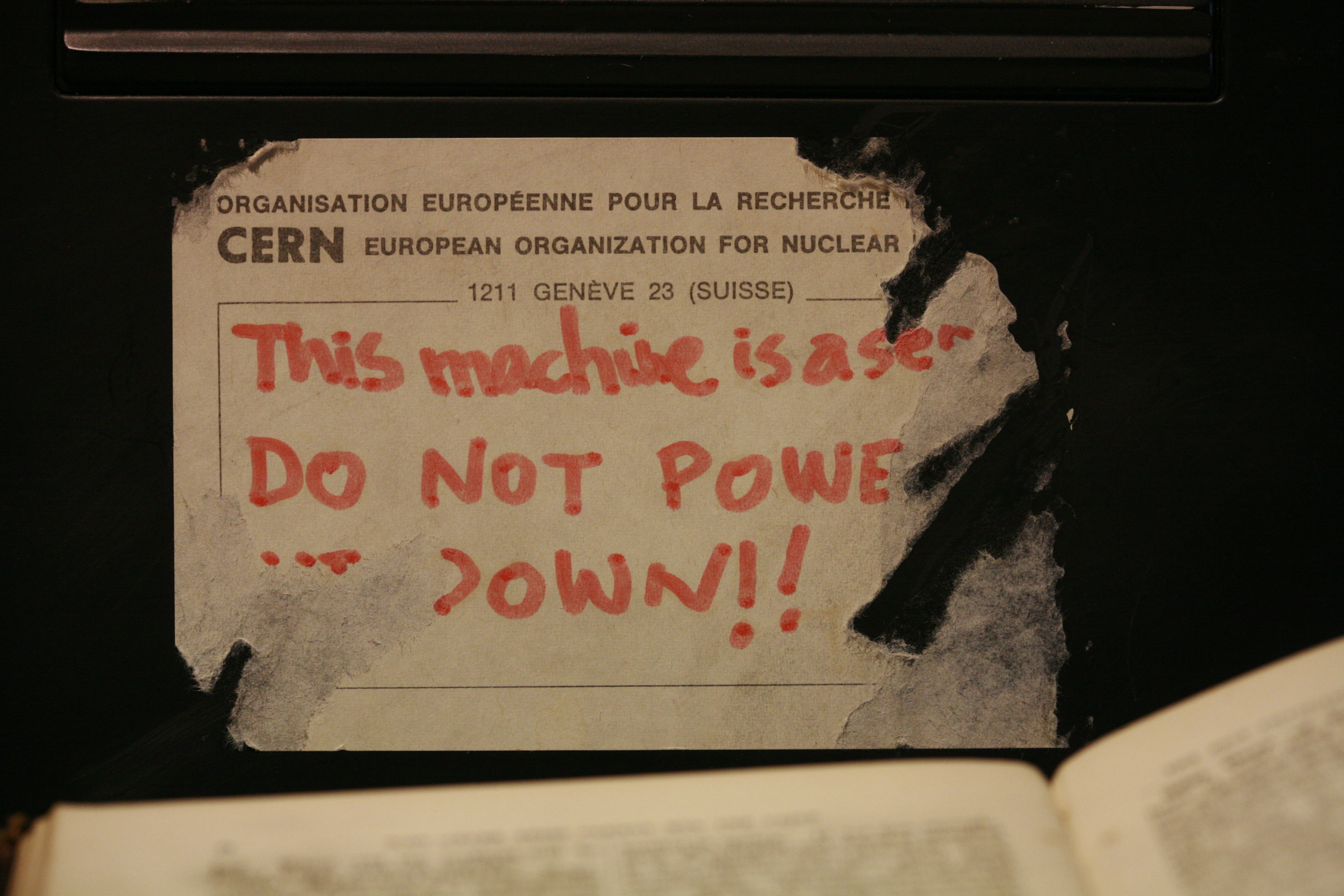Teaching Like it’s 1992
a full year before the Internet went public
April 22, 1993 – “The Fateful Day when the Internet went public”
So much has changed – but higher education hasn’t!
Informal learning has changed
We’re teaching in a world that really doesn’t exist anymore
Social Media
Connected Learning
Real-time, anytime, anyplace learning
Yet we still have a hierarchical, top-down ed system
- Google: find any article
- Wikipedia: explain any concept
- YouTube: teach any skill
- MOOCs: collaborative learning with great faculty

Measurement & Assessment
Kelly only intended Multiple Choice Testing for basic skills, but then SAT adopted it, and today parents of pre-schoolers call Duke Admissions Officers and ask what preschool will give them the best chance of getting into Duke.
USA tests earlier & more often than any other country.
“Finnish Lessons” – OECD Standard Tests
Teaching to the test
- Teachers must have a masters degree
- one day a week teachers work together to develop new lesson plans
- bell curves are not used
Testing:
- Formative – real time feedback
vs
Summative – machine grading, bell curves – disincentive to learning, stress, not predictive of responsible, creative life, productivity.
What we value should be what we count!
The way we test should reflect our values.
Measurement for our MOOC
- Multiple Choice
- Automated Metareviewing System (complex, but still machine read)
- Peer-to-Peer Editing – editing each other on forums
Peer Badging systems
to really Teach like it’s 2014 — peer learning and peer teaching!

Neoliberalism
& the defunding of public education
- No funding for social / infrastructure projects
- 1980’s “Reagan Revolution”
- Privatization
- More & More Defunding
Negative Social Consequences
- 4.1 – better than perfect to get into your state university
- 450,000 Students on the waiting list for Community Colleges in California!
- South Asia – top 1% allowed to take Univ entrance exams – top 2% of them get in!
USA spends 2.6% of GDP on higher ed
of that
55% private funds
45% fed, state, local
Are MOOCs the Answer?
what is the best way to massively scale education?
is massively scaling learning a way to achieve our objectives?
use forums to discuss!
Crowdsourcing How We Learn
- Michael Wesch – a vision of students today
- we need a more relevant, engaged education, not standardized tests
- lectures can be good for inspiration (we like group experience – TED Talks, Comedy Clubs, Church, Football)
- lectures are poor for retention
-
protein folding
- Wikipedia
- Crowdsourcing works because people like working together for something productive
- people enjoy contributing if you can show that what they’re doing is going to make a difference — key to all learning!
- Can MOOCs do this? Not sure!
- DOCC – Distributed Online Collaborative Course
- hastac.org/future-ed
- HASTAC, 2002, now about 12,000 members
Interviews
- Camila Alire
- Albert Beveridge
- Jim Leach
Jim Leach
Humanities a waste of time?
What are employers looking for?
- Critical Thinkers
- Write Well
- Think Critically
Images
- Servicing the first web server: Tim Berners-Lee’s NeXT
- Robert Scoble’s Flickr: Sticker on 1st WWW Server
- Autographed NeXT Cube



There is a myth, a working premise, that painters chose their subjects in order to sell wealthy patrons. And portrait painting as a genre was also present in Colonial America.
Then is there a consequent myth that search engines are our primary research tool.
Multiple choice would automaticlly lead us to the blue circle graphic W or red square G+
So deductive and inductive reasoning are involved. If there is NeoRealism, there must have been a Realism at some time. If something is not PreRaphealite, it might not be a Rapheal. If Corregio has a love a nudes, then he has turned down alot of money that women that are often nude don’t really have.
Sometimes what the lecturer doesn’t included is just as glaring, I myself have a copy of a fourty year old Lipton Tea Commercial from the Duke Library on You Tube.
What does this have to do with the Media and the Cognitive, you ask?
It a long url, not using the Google shortener, which doesn’t mean I’m Sherlock Holmes, it just says I’m not Scotland Yard.